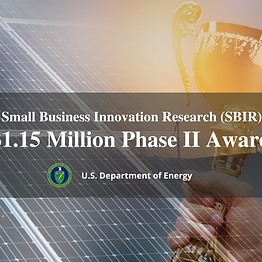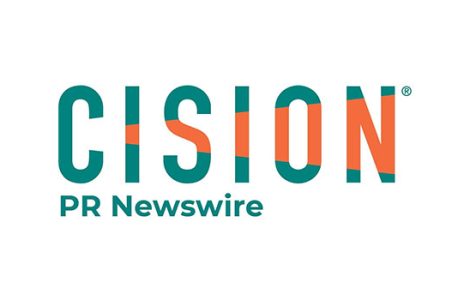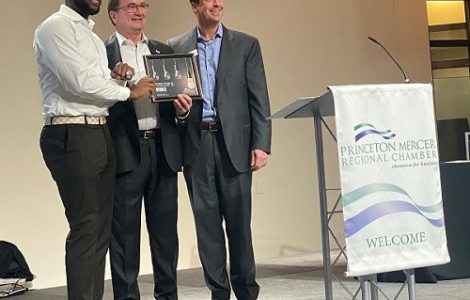Princeton NuEnergy Wins U.S. Department of Energy (DOE) SBIR Phase II Fund

BORDENTOWN, N.J., Aug. 5, 2021 /PRNewswire/ -- Princeton NuEnergy ("PNE") has been awarded a $1.15 million SBIR program Phase II award from The U.S. Department of Energy ("DOE"). DOE funds areas including clean technology, renewables, efficiency, transportation, power grids, fossil fuels, etc. Among these funds, the DOE SBIR program helps qualified startups conduct R&D through government-sponsored grants and does not take any equity from these small businesses. Selection criteria for Phase II funding includes the results achieved in Phase I, the scientific and technical merits of the proposed project, and commercial potential of the expected products. While only Phase I awardees are eligible for a Phase II award, Phase II are even more competitive than Phase I, as Phase I awardees are often high-value businesses when they submit their Phase II application.
Winning the Phase II award is the testimony to PNE's phenomenal growth over the past two years. Two years ago, PNE was a fresh spinout from Princeton University, awarded with the funding from DOE SBIR Phase I award, which was $250k and among the highest in the vehicle technology category. Corresponding to DOE's mission of addressing U.S. energy and environmental challenges, PNE focused on recycling lithium-ion batteries. During the past two years, PNE developped multiple first-in-class technologies, with the core patent listed as Novel Plasma Based Direct Li-ion Battery Recycling, a process produces high-quality cathode active materials from spent lithium-ion batteries ("LIBs"). Specifically, it utilizes a direct separation, purification, and regeneration of cathode materials for aged LIBs using a novel plasma-assisted process.
Recycling LIBs is an essential step in addressing stringent environmental regulations and resource conservation. LIBs have emerged as the battery of choice for rapidly growing markets in electric vehicles ("EVs") and grid electricity storage, which stimulates a great demand for the supply of virgin raw materials. Additionally, LIB recycling can reduce the adverse environmental and social-economical effects from mining extractions for virgin metals, raw material transportation, and energy consumption. Moreover, recycling can reduce fluctuations in the cost and support a steady supply of raw material. However, mainstream recycling methods have fatal flaws in their sustainability designs. Industrial recycling of LIBs relies on traditional hydrometallurgical or pyrometallurgical methods, followed by acidic leaching or alkaline treatment processes to recycle valuable elements such as lithium, nickel, and cobalt. These processes lead to extensive energy consumption, excessive chemical waste generation, and expensive operating costs.
Compared to conventional methods, PNE's technology is a state-of-the-art innovation that can directly regenerate the cathode and anode materials without completely destroying the compounds. It also significantly reduces energy and chemical consumption. Additionally, this technology will considerably shorten recycling time and costs while producing high-performance battery materials.
Currently, PNE has partnered with Fortune 500 Company Wistron GreenTech and eTak Worldwide to build a pilot production line in Dallas, Texas. The partnership aims to commercialize direct recycling of LIBs with reduced energy consumption, CO2 emission and operational costs. In winning the DOE's SBIR Phase II award, PNE aims to complete major technical milestones, including guaranteeing the technological superiority of the invention for regenerating cathode materials, and providing criteria for achieving a successful transfer of this technology from the laboratory to the commercial market.
Contact: info@pne-old.beaconfireinc.com
SOURCE Princeton NuEnergy



